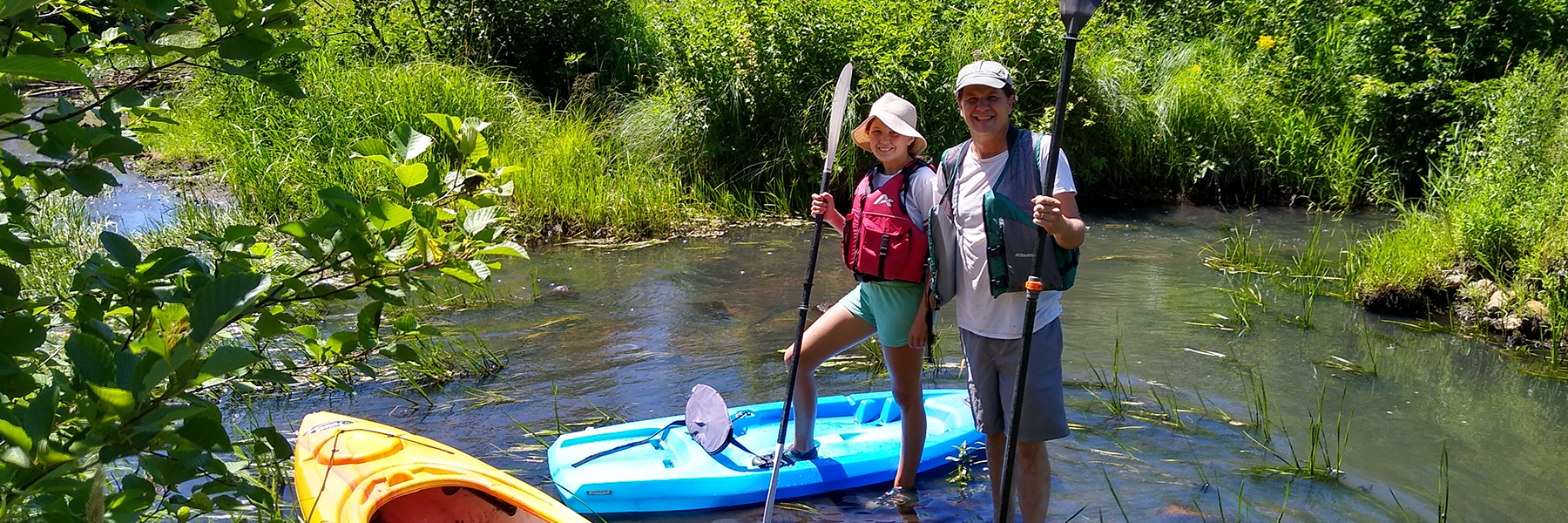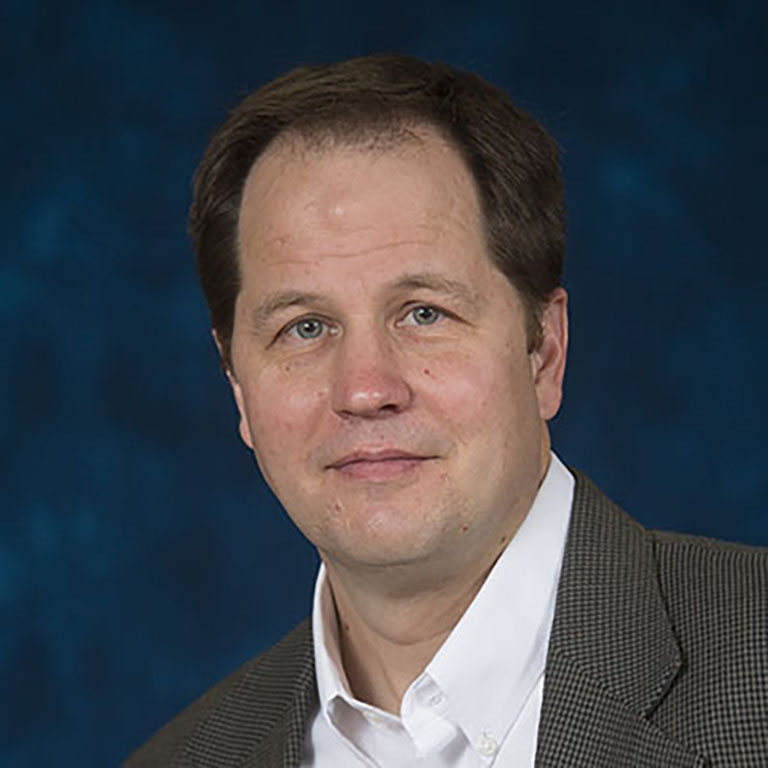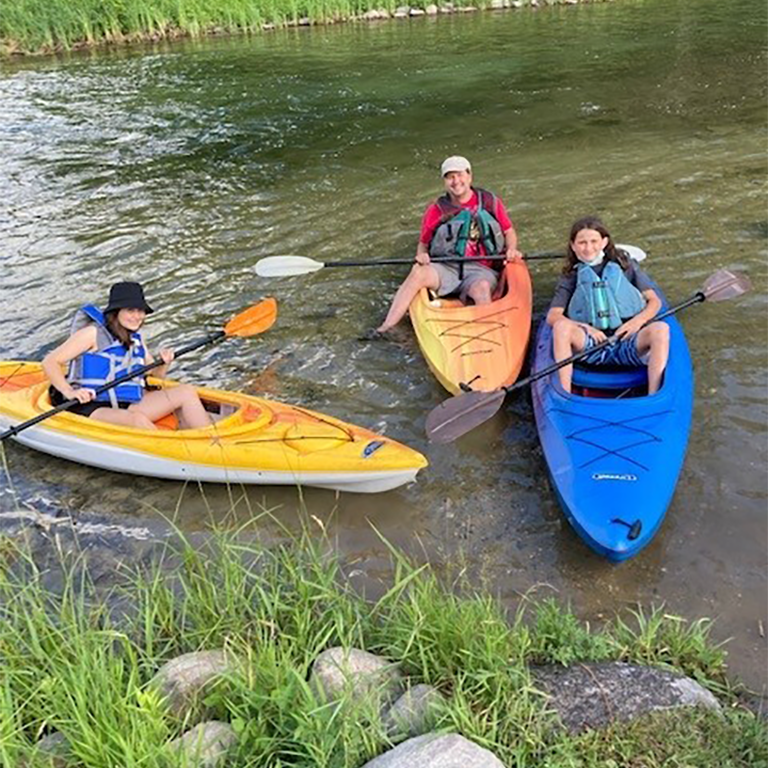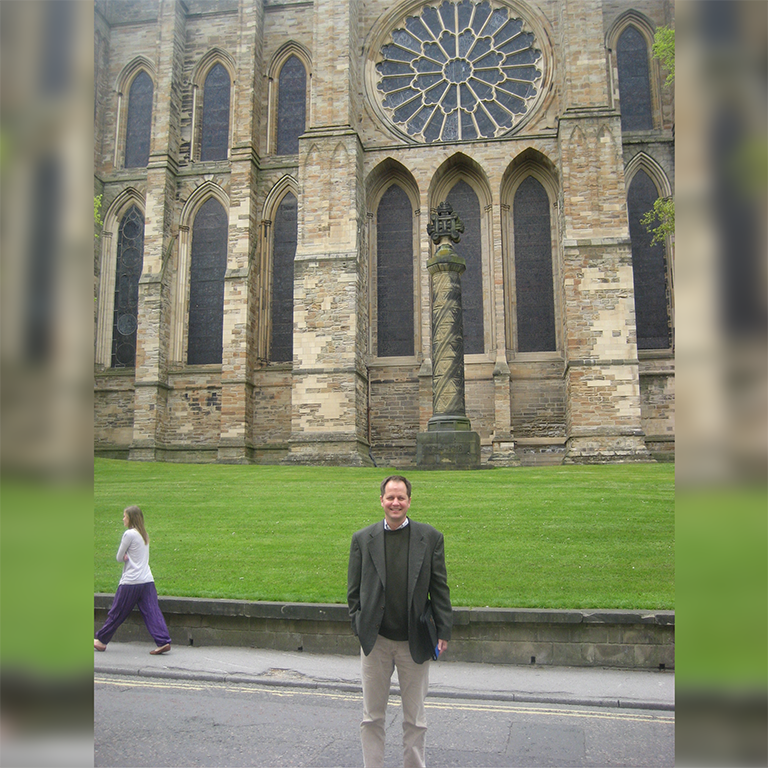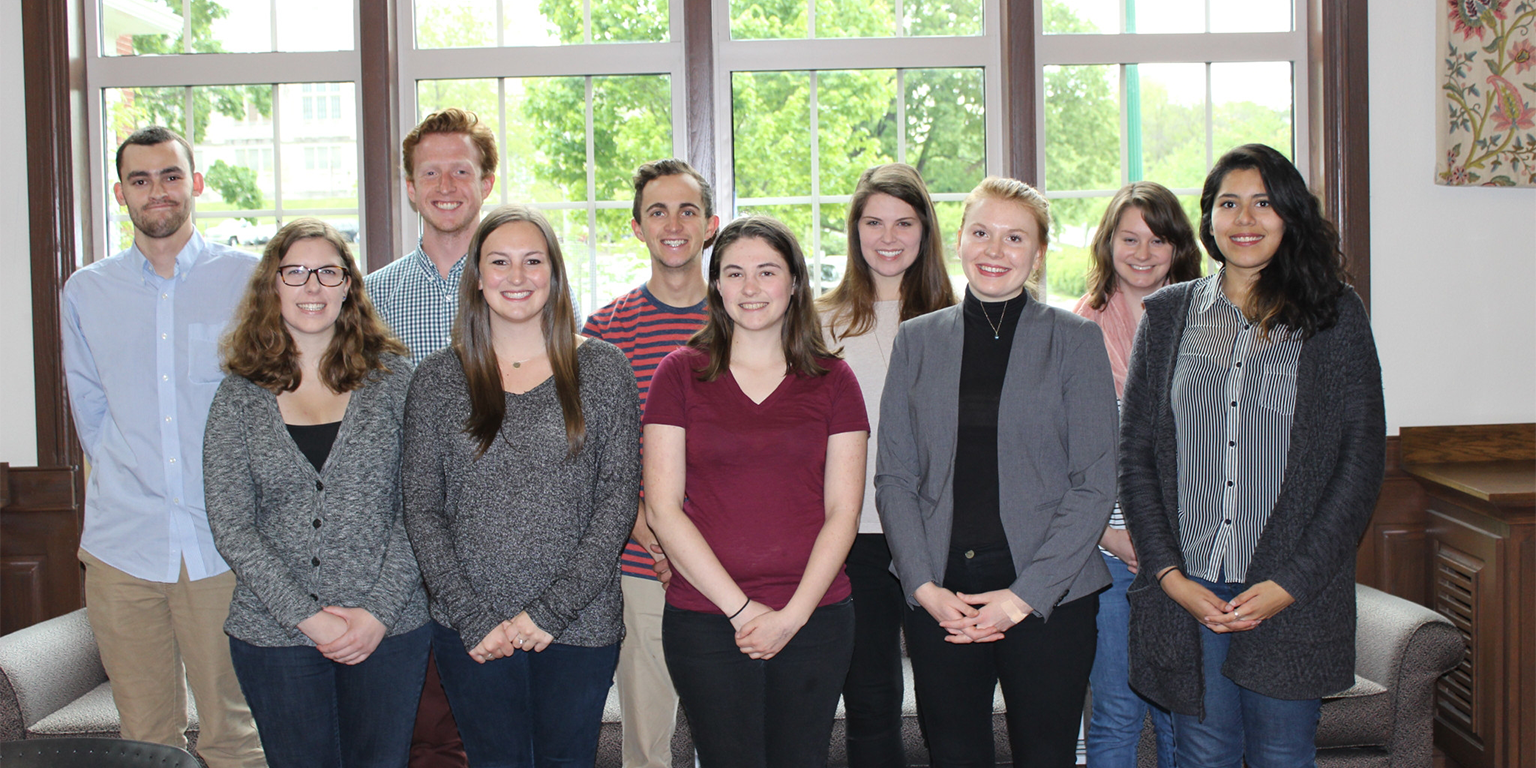Q: What led you to your current role, and what inspires you about this work?
A: I previously worked in the Office of the Vice President for International Affairs as a number of nationally competitive opportunities involved going abroad. In that role, I noticed that we (as an institution) were not promoting these opportunities to undergraduates and moving over to OVPUE made sense to address that gap. Prior to working at IU, I lived in New York City where I completed a master’s degree in international relations at City College and later administered an international program to compensate Holocaust survivors. Having lived abroad for several years, mostly studying and teaching English, has helped me advise students seeking to do the same. What most inspires me is having a role in helping students bring their hopes and aspirations to fruition.
Q: What do you want people to know about the Office of National Scholarships and Awards that they may not know?
A: One, that you can apply for opportunities that run the gamut from the Ayn Rand Atlas Shrugged essay contest to the Elie Wiesel Prize in Ethics. Two, do not judge an award or opportunity by its website. Just because you encounter a less “polished” web presence doesn’t mean there isn’t a generous award available.
Q: What have been some of IU’s most exciting placements? What are those students doing now?
A:
- Lucy Brown (pictured below) advanced in the selection process for a Fulbright research award to Peru but ultimately wasn’t selected. Despite that disappointment, she cobbled together funding from a few different campus entities to go to Peru and participate in a research project about the Zika virus that included a public health component. She is currently at the IU Medical School and I have seen her in the news a few times. Most recently, she co-led a rally in Indianapolis this past summer to protest the Supreme Court’s decision to overturn Roe vs. Wade.
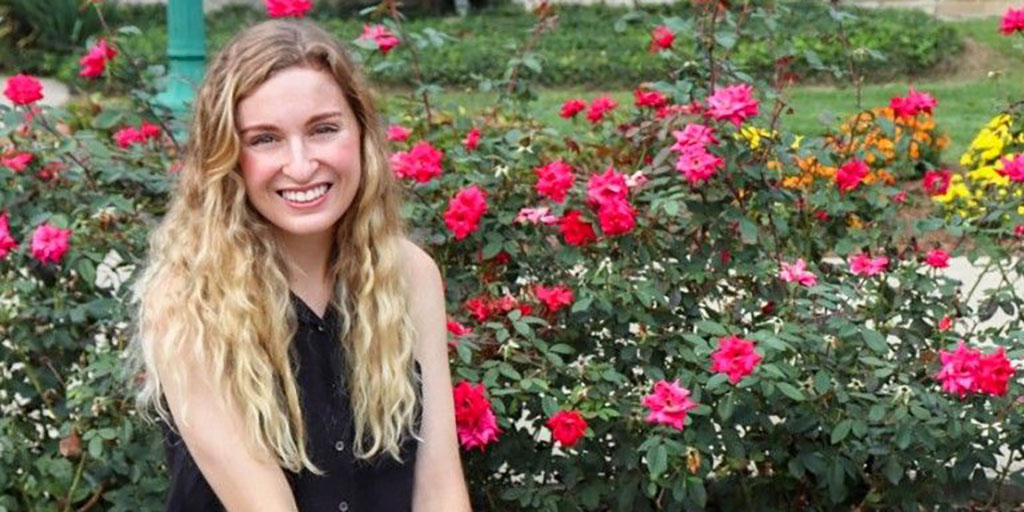
- Cindy Cho went to Namibia on a Fulbright award to study their labor laws in 2009/10 and is now an assistant U.S. attorney. She was recognized last year for her achievements as a criminal lawyer.
- Kristen Pimley studied Korean with a Critical Language Scholarship in 2018. In November 2021, she was the headliner at a comedy club in Seoul and earlier this year she was featured in an article in the Korea Times about stand-up comedy.
- Miles Taylor was a Truman scholar and a Marshall scholar and later was chief of staff in the Department of Homeland Security. He was the author of the anonymous op-ed article in the New York Times that was critical of the Trump administration. He co-founded the Forward Party and has made appearances on MSNBC.
- August (Gus) Costa was an archaeology student at IU who went to India with a Fulbright research award to study the Southern Dispersal Route. He’s now at Rice University and is the lab director of the Houston Archeological Society.
- Anthony Coniglio went to Cambridge as a Churchill Scholar where he studied Mathematics and is currently a Ph.D. student at Columbia University. Appropriate quote on his personal website: "Success is not final, failure is not fatal: it is the courage to continue that counts." — Winston Churchill
Q: When should an undergraduate student start planning for a scholarship or award, and what are a few things they should keep in mind?
A: My tongue-in-cheek response about when to start planning is “yesterday.” In all seriousness, though, it takes time to identify the right opportunity and prepare the application materials. Some of the awards require making important decisions about which country to apply to and all of them ask applicants to prepare written statements — which, in my estimation, are the most weighted part of the application. Students should be prepared to address questions they likely haven’t had to answer. One of the more egregious examples of this is from the Knight-Hennessy application, which asks each applicant to list “8 improbable facts” about themself. Shameless plug: I am teaching a short online asynchronous course during the winter break through O’Neill/SPEA from Jan. 5-13, 2023. While the focus is preparing applications for summer 2023, I introduce students to the broad array of nationally competitive opportunities; how to find them; and how to prepare materials.
Q: What is your favorite place on campus or in Bloomington and why?
A: “God’s Acre,” which is how the cemetery in the middle of campus was referred to about 100 years ago. (Maybe still is today?) Whenever I walk down the steps on the east side of union, pass by the cemetery and cross the creek, I am reminded of an excerpt from Forest M. “Pop” Hall’s 1922 publication “Historic Treasures.” In it he relates an account from the Indiana Daily Student: “About ten years ago, when Indiana was playing Northwestern at baseball on Jordan Field, a little funeral procession drove up to the graveyard. Instantly, the game was suspended until the procession had moved away.” He also notes that Indiana University is one of the few with a cemetery on its campus. I like to think that it serves as a subtle and gentle reminder that we’re all just visitors and to try to make the best of it while we’re here.


